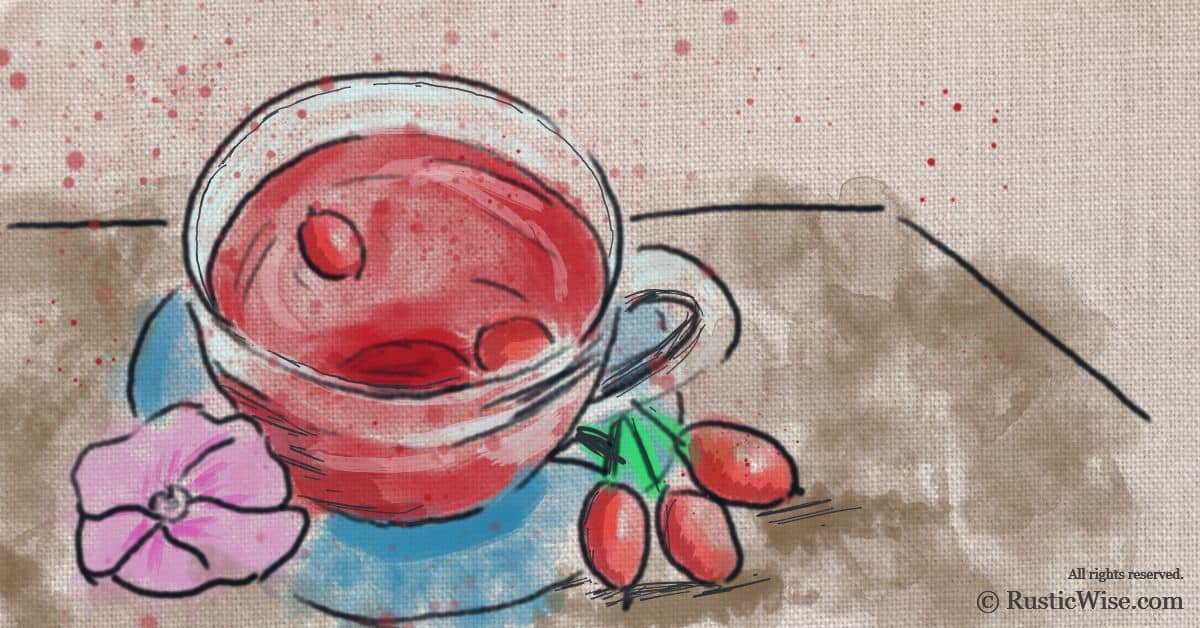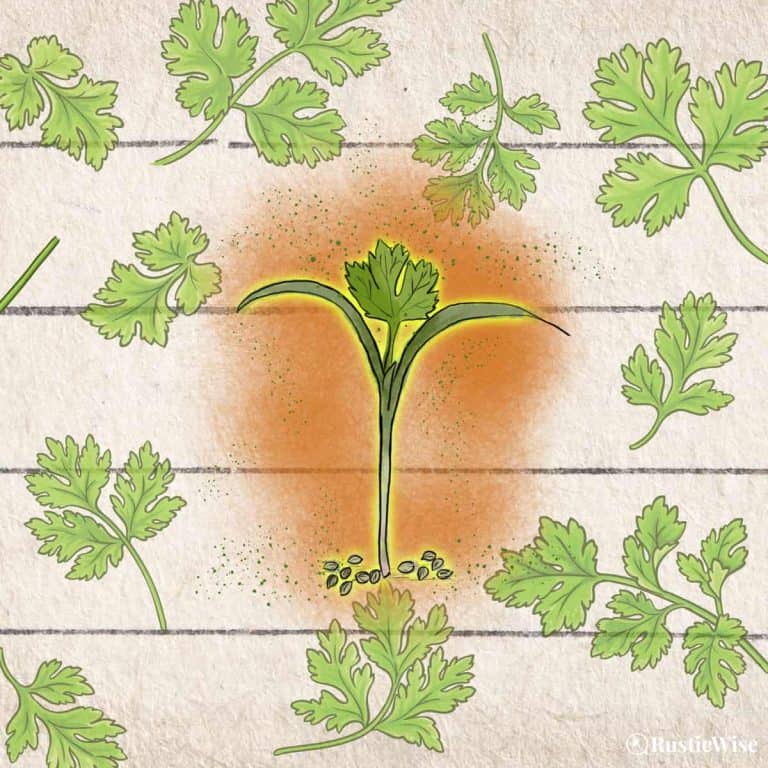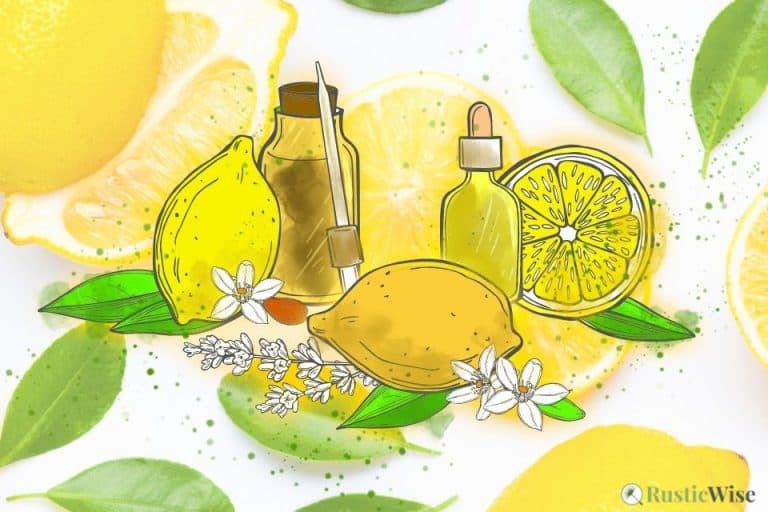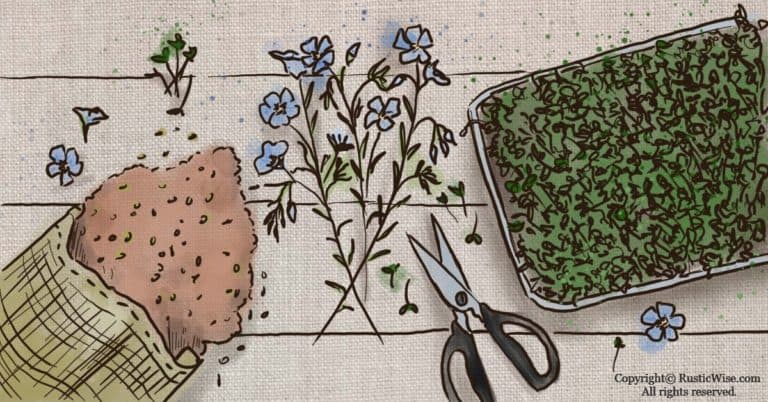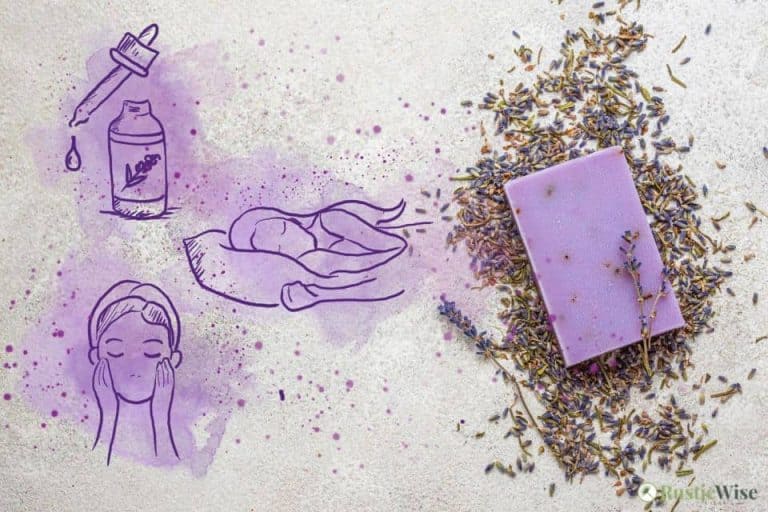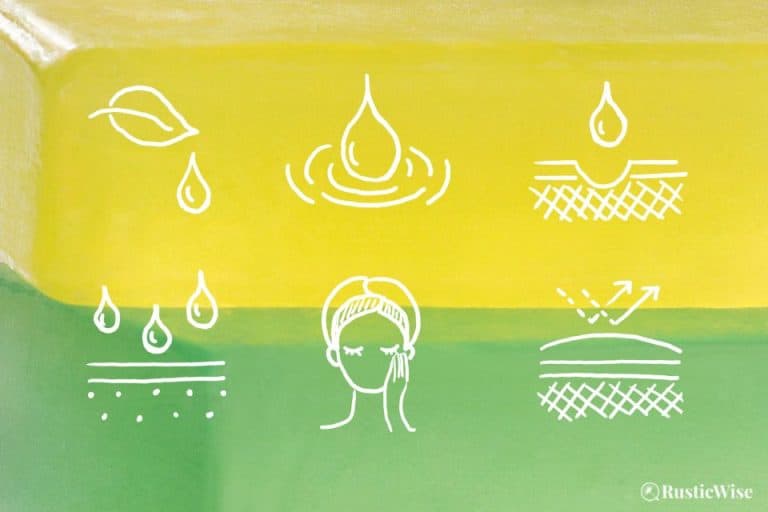What is Rosehip Tea Good for: 5 Health Benefits and How to Make It
When it comes to herbal teas, rosehip tea is a true standout. Brewed from the vibrant fruit of the wild rose plant, this flavorful tea is both refreshing and nourishing. Many people ask, what is rosehip tea good for? The answer is: quite a lot! With its pleasant fragrance and slightly sweet, slightly tart flavor, rosehips pack a nutritional punch—full of vitamin C and antioxidants. It’s also used for a wide range of medicinal purposes. It’s the complete package.
Rich in vitamin C, antioxidants, and other plant compounds, rosehip tea is often enjoyed to help support the immune system, promote healthy skin, and ease minor aches. This ancient herbal tea has been valued as both a soothing beverage and a natural remedy for a variety of wellness needs.
So, if you’ve ever wondered what is rosehip tea good for and why it deserves a spot in your daily routine—especially during the fall and winter season—let’s dive into its top benefits.
What are rosehips?
Rosehips are essentially the seedpod or the “fruit” left on a rose bush after the flowers have bloomed. They’re also known as rose hep, or rose haw.
Rosehips can be round or oval-shaped, and range in color from orange to a deep scarlet red, depending on the variety. While there are many uses of rosehips from syrups to jams and jellies, rosehip tea is perhaps the most common way to consume this pseudo-fruit.
While there are many varieties of rose bushes, most rosehips are harvested from either the plants of the Japanese rose (Rosa rugosa), sweetbriar rose (Rosa rubiginosa), or dog rose (Rosa canina). This is because these varieties produce some of the largest rosehips making them ideal for harvesting.
However, dog rose, a species native to Europe seems to be the rose species focused on throughout many medical studies.¹ Although different species of rosehips may differ slightly from one another, rosehips in general contain many of the same vitamins and compounds.
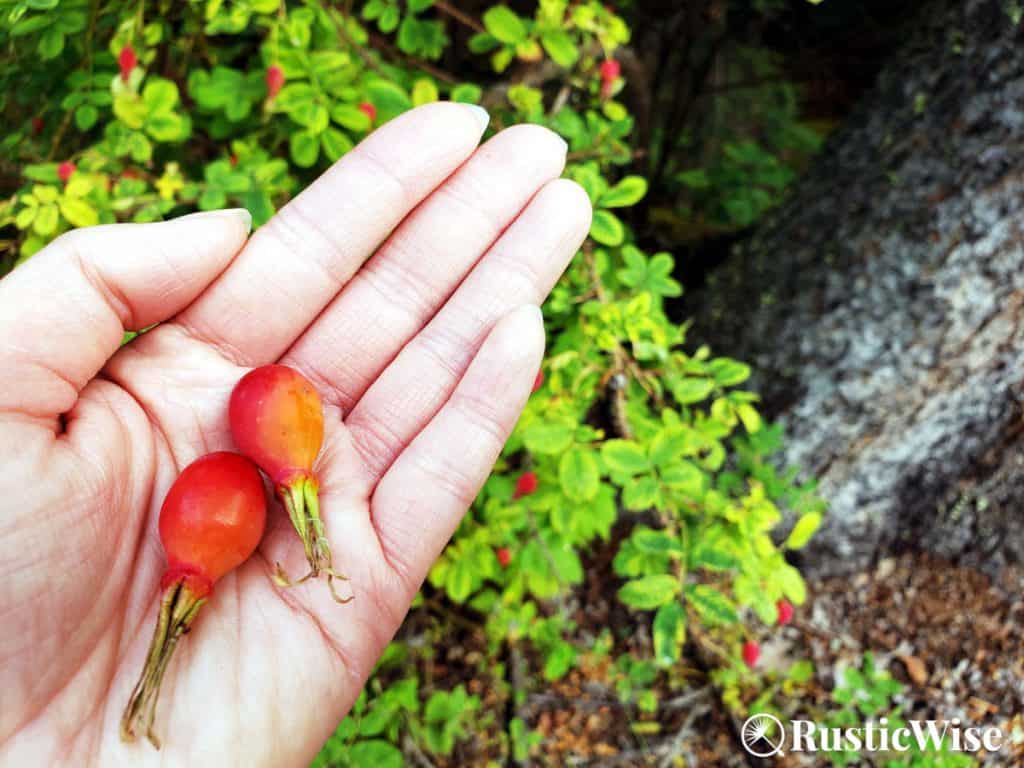
Historical uses of rosehip tea
- Hips from dog rose were used in the Middle Ages as a natural remedy for chest ailments.² Rosehip syrup served as an overall health tonic for children plus a vital source of vitamin C.
- During wartime and times of famine, people would turn to the hips of dog rose as a rich source of vitamin C.
- Dog rose tea is used in traditional Austrian medicine to treat viral infections, as well as kidney problems and issues related to the urinary tract.
5 health benefits of rosehips
From providing a rich source of vitamins and antioxidants, to boosting immunity, let’s look at a few rosehip tea benefits.
1. Rich in vitamin C and antioxidants
Just one cup (100 grams) of raw rosehips provides 426 milligrams of vitamin C.³ Rosehips also contain complex B vitamins (B1, B2, B3), vitamin E, carotenoids, flavonoids, polyphenols, and phytochemicals. These properties have powerful antioxidant effects. Consuming foods or drinks rich in antioxidants helps ward off cancer, and protects against heart disease. Fatty acids such as linolenic, palmitic, and alpha-linolenic acids are also present in rosehips.
If you’re looking to maximize the health benefits of rosehips, choose fresh rosehips over dried rosehips as they contain greater levels of vitamins and antioxidants.
2. Acts as an anti-inflammatory
Galactolipids are just one of the many anti-inflammatory compounds found in rosehip tea. Rosehip extracts are often used to treat inflammation and pain in the body for various ailments such as arthritis.
One study involving people with osteoarthritis found that those who took daily rosehip extract experienced lower pain and more hip and joint mobility over a four-month period. The majority of participants (65 percent) reported a reduction in pain.⁴
3. Supports a healthy heart
As a rich source of antioxidants, vitamin C, and flavonoids, rosehip tea supports the functioning of a healthy heart by reducing blood pressure, increasing blood flow, and protecting against heart disease.
One study involving participants with obesity found that taking 40 grams of rosehip powder every day (over the course of the six-week study) resulted in a reduction in bad (LDL) cholesterol levels and healthier blood pressure.⁵
4. Acts as an anti-aging remedy
Rosehips contain astringent properties that can be beneficial for tightening and toning skin. Rosehip tea is also used for a variety of skin inflammation ailments such as eczema, psoriasis, and acne.
The high levels of vitamin C content in rosehip tea may help with collagen production and provide skin protection against the sun. Collagen is essential in promoting skin elasticity for a more youthful appearance, reducing fine lines and wrinkles.
One double-blind study involving participants between the ages of 35-65 years, shows a reported reduction in crow’s feet wrinkles, improved skin elasticity, and skin moisture after consuming 3 grams of rosehip powder daily over eight weeks.⁶ However, more studies need to be done to see if rosehip tea provides the same benefits as rosehip powder.
5. Boosts immunity
Vitamin C is a mighty agent in boosting your body’s immunity. It helps to boost white blood cell production, acts as a protective agent against outside pollutants, and also fights against infection.
Move over oranges! Did you know that rosehips on average contain 20 to 30 times more vitamin C than oranges? ⁷
Unless you’re eating the daily recommended amount of fruits and vegetables, you may not be getting enough vitamin C. The high vitamin C content in rosehips makes them a wise choice to add to your daily diet.
You might like
FGO Organic Rosehips Tea, Cut and Sifted, 16 Ounce Resealable Bag
- Certified Organic Rosehips – Cut & Sifted (Rosa canina)
- No waste from tea bags or strings
- Responsibly sourced from Chile
Found on Amazon
Check Current Price
Those in Canada and the UK should be taken to the product listing in your region.
Possible side effects of rosehip tea
Please speak to your doctor before using rosehip tea, and especially if taking rosehip supplements.
While there are many beneficial aspects of rosehip tea, some people may experience adverse gastrointestinal side effects such as diarrhea or constipation, and excessive gas. Other side effects include increased chance of kidney stones, and blood clots. Those with iron-related illnesses should use caution.⁸
More studies need to be done concerning the safety of taking rosehips when pregnant or breastfeeding. To stay on the safe side, please speak to your doctor before using.
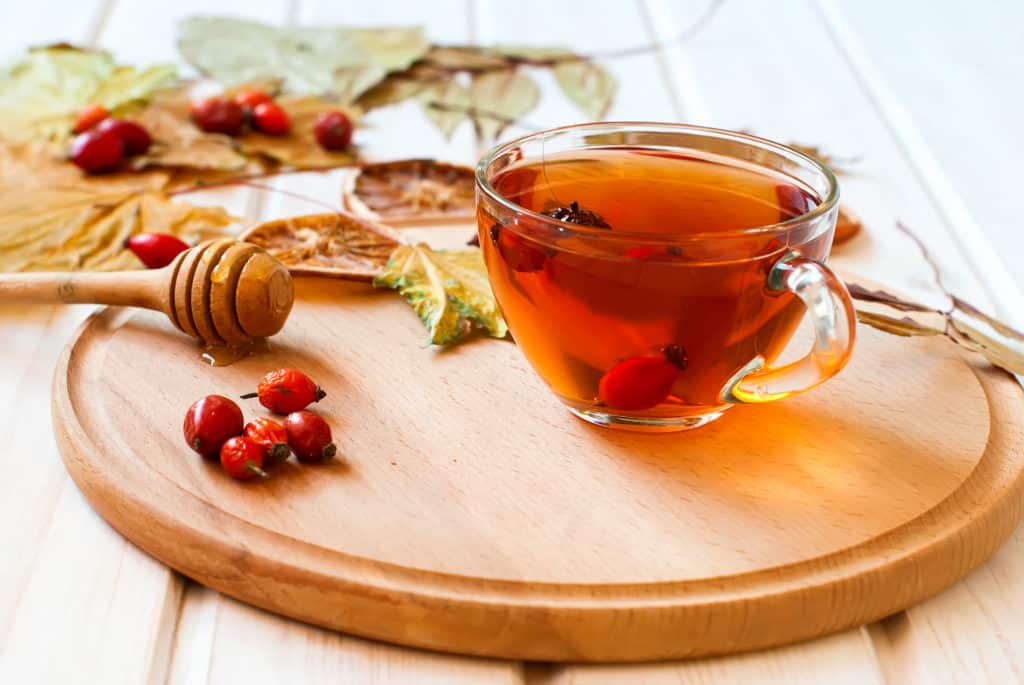
Credit: Deposit Photos, vi-mart
How to make rosehip tea
Making rosehip tea at home is a simple way to incorporate more vitamin C into your daily diet. You can use fresh or dried rosehips.
Dried rosehips:
Measure out 1–2 teaspoons of dried rosehips to 1 cup of water. Steep rose hips for 10–15 minutes.
Fresh rosehips:
Note: when using fresh rosehips avoid using aluminium or copper cookware—use stainless steel, glass, or enamel.
Use 1 tablespoon (roughly 4–8 rosehips) to 1 cup of water. Steep rose hips for 10–15 minutes. You can gently mash with a spoon to extract all the juice.
Sweeten rosehip tea with a dollop of honey, brown sugar, or stevia. Enjoy! You can get creative and create your own blend of leaves with rosehips including strawberry, mint, or hibiscus. Try adding a few rose petals as an extra touch.
Where can I find rosehip tea?
You can harvest rosehips from rose bushes growing in your garden, or wild rose bushes. It’s best to learn how to properly identify rose varieties before you begin foraging. (Read more about when and how to harvest rosehips here.)
If you’re buying rosehip tea with the intent of boosting your vitamin C content, be aware that dried or processed rosehips have greatly reduced vitamin C content compared to fresh rosehips. A variety of factors come into play that affect vitamin C levels such as processing method, and growing conditions. The time between harvesting and processing also plays a role. Ideally rosehips are processed the same day as they’re harvested to retain maximum vitamin C.
Ground rosehips tend to lose its vitamin C quicker than dried whole or halved rosehips.² One study showed that ground rosehips lost all of their vitamin C within 6 months, whereas rosehips cut in half retained more than 50 percent after 18 months. Many types of store-bought rosehip extracts and teas are fortified with vitamin C. As with most herbal teas and remedies, it’s best to use up sooner rather than later.
Conclusion: what is rosehip tea good for?
While more studies need to be done to study the effects of drinking rosehip tea as it pertains to medicinal purposes, there’s no doubting the rich, nutritional content this small fruit has to offer. Rich in vitamin C and antioxidants, drinking rosehip tea could be part of a relaxing and healthy daily ritual.
👉 Find more Natural Wellness topics on nourishing your body and soul with natural food, herbs, and plants. 🌿
Would you like more timeless tips via email?
Fun tips to help you live an independent, self-sustaining lifestyle. Opt-out at any time.


References
- Mármol, Inés; Sánchez-de-Diego, Cristina; Jiménez-Moreno, Nerea; Ancín-Azpilicueta, Carmen; Rodríguez-Yoldi, María Jesús (25 May 2017). “Therapeutic Applications of Rose Hips from Different Rosa Species”. International Journal of Molecular Sciences. 18(6). pii: E1137. doi: 10.3390/ijms18061137. https://www.ncbi.nlm.nih.gov/pubmed/28587101
- Blumenthal M, Goldberg A, Brinckmann J, eds. Herbal Medicine: Expanded Commission E Monographs. Newton, MA: Integrative Medicine Communications; 2000:519. https://www.drugs.com/npp/rose-hips.html#Blumenthal.2000
- USDA, FoodData Central, Rose Hips, wild (Northern Plains Indians), https://fdc.nal.usda.gov/fdc-app.html#/food-details/168998/nutrients. Accessed September 2025.
- Warholm O, Skaar S, Hedman E, Mølmen HM, Eik L. (January 2003). The Effects of a Standardized Herbal Remedy Made from a Subtype of Rosa canina in Patients with Osteoarthritis: A Double-Blind, Randomized, Placebo-Controlled Clinical Trial. 64(1):21-31. doi: 10.1016/S0011-393X(03)00004-3. https://www.ncbi.nlm.nih.gov/pubmed/24944354/
- Andersson, U., Berger, K., Högberg, A., Landin-Olsson, M., & Holm, C. (2012). Effects of rose hip intake on risk markers of type 2 diabetes and cardiovascular disease: a randomized, double-blind, cross-over investigation in obese persons. European journal of clinical nutrition, 66(5), 585–590. https://doi.org/10.1038/ejcn.2011.203 https://pubmed.ncbi.nlm.nih.gov/22166897/
- Phetcharat L, Wongsuphasawat K, Winther K. (2015 Nov 19).The effectiveness of a standardized rose hip powder, containing seeds and shells of Rosa canina, on cell longevity, skin wrinkles, moisture, and elasticity.10:1849-56. doi: 10.2147/CIA.S90092. eCollection 2015. https://www.ncbi.nlm.nih.gov/pubmed/26604725/
- Guantario, B., Nardo, N., Fascella, G., Ranaldi, G., Zinno, P., Finamore, A., Pastore, G., Mammano, M. M., Baiamonte, I., & Roselli, M. (2023). Comparative Study of Bioactive Compounds and Biological Activities of Five Rose Hip Species Grown in Sicily. Plants (Basel, Switzerland), 13(1), 53. https://doi.org/10.3390/plants13010053 https://pmc.ncbi.nlm.nih.gov/articles/PMC10780848/
- WebMD, Vitamins & Supplements, Rose Hip, Side Effects: https://www.webmd.com/vitamins/ai/ingredientmono-839/rose-hip. Accessed September 2025.

Author: Theresa Tesolin
Theresa is co-founder of RusticWise. She helps people unleash their inner DIY spirit by encouraging them to get dirty and make or grow something from scratch.

